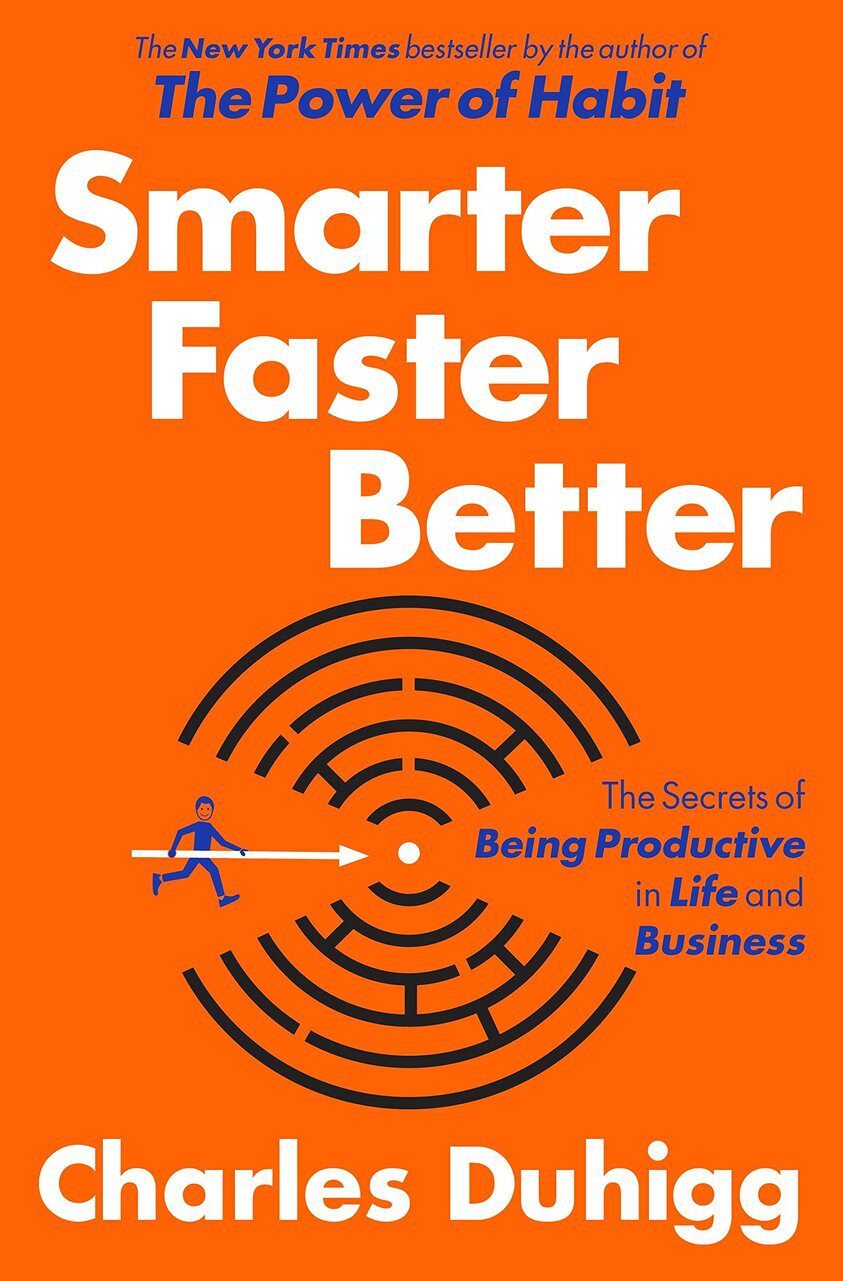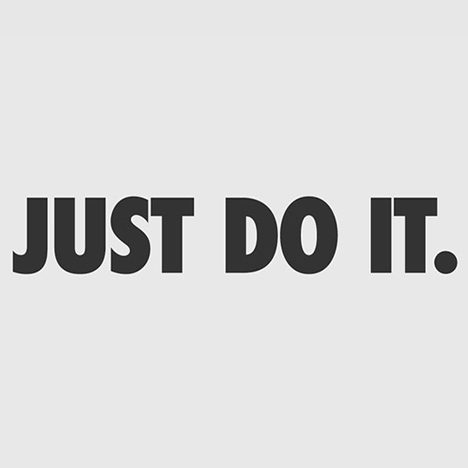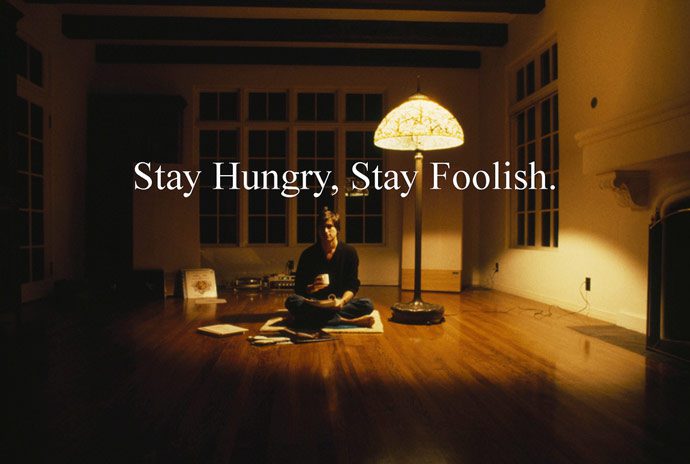Productivity is about making certain choices in certain ways.
Print | Kindle(eBook) | Audiobook
Theme: If you can become more motivated, more focused, better at setting goals and making good decisions, then you’re a long way down the path to becoming more productive.
“Productivity is about recognizing choices that other people often overlook. It’s about making certain decisions in certain ways. The way we choose to see our own lives; the stories we tell ourselves, and the goals we push ourselves to spell out in detail; the culture we establish among teammates; the ways we frame our choices and manage the information in our lives. Productive people and companies force themselves to make choices most other people are content to ignore. Productivity emerges when people push themselves to think differently.”
At the core of Smarter Faster Better are eight key concepts—from motivation and goal setting to focus and decision making—that explain why some people and companies get so much done. Drawing on the latest findings in neuroscience, psychology, and behavioral economics—as well as the experiences of CEOs, educational reformers, four-star generals, FBI agents, airplane pilots, and Broadway songwriters—the book posits that the most productive people, companies, and organizations don’t merely act differently.
They view the world, and their choices, in profoundly different ways.
Here are my favourite take aways from reading, Smarter Faster Better by Charles Duhigg:
“Productivity isn’t about working more or sweating harder. ”
Productivity
- “Productivity doesn’t mean that every action is efficient. It doesn’t mean that waste never occurs. In fact, as Disney learned, sometimes you have to foster tension to encourage creativity. Sometimes a misstep is the most important footfall along the path to success.”
- “But in the end, if you learn how to recognize certain choices that, to many, might not be obvious, then you can become smarter, faster, and better over time. Anyone can become more creative, more focused, better at framing their goals and making wise decisions.
- “Productivity, put simply, is the name we give our attempts to figure out the best uses of our energy, intellect, and time as we try to seize the most meaningful rewards with the least wasted effort. It’s a process of learning how to succeed with less stress and struggle. It’s about getting things done without sacrificing everything we care about along the way.”
- “Productivity is about making certain choices in certain ways. The way we choose to see ourselves and frame daily decisions; the stories we tell ourselves, and the easy goals we ignore; the sense of community we build among teammates; the creative cultures we establish as leaders: These are the things that separate the merely busy from the genuinely productive.”
“It’s not simply a product of spending longer hours at your desk or making bigger sacrifices.“
Motivation
- “Motivation is more like a skill, akin to reading or writing, that can be learned and honed. Scientists have found that people can get better at self-motivation if they practice the right way. The trick, researchers say, is realizing that a prerequisite to motivation is believing we have authority over our actions and surroundings. To motivate ourselves, we must feel like we are in control.”
- “The need for control is a biological imperative,” a group of Columbia University psychologists wrote in the journal Trends in Cognitive Sciences in 2010. When people believe they are in control, they tend to work harder and push themselves more. They are, on average, more confident and overcome setbacks faster.”
- “People who believe they have authority over themselves often live longer than their peers. This instinct for control is so central to how our brains develop that infants, once they learn to feed themselves, will resist adults’ attempts at control even if submission is more likely to get food into their mouths.”
“Motivation is triggered by making choices that demonstrate to ourselves that we are in control. The specific choice we make matters less than the assertion of control. It’s this feeling of self-determination that gets us going.“
- Internal locus of control—a belief they could influence their destiny through the choices they made.
- External locus of control—believing that your life is primarily influenced by events outside your control—“is correlated with higher levels of stress, [often] because an individual perceives the situation as beyond his or her coping abilities,
“Motivation becomes easier when we transform a chore into a choice. Doing so gives us a sense of control.”
TO GENERATE MOTIVATION
• Make a choice that puts you in control. If you’re replying to emails, write an initial sentence that expresses an opinion or decision. If you need to have a hard conversation, decide where it will occur ahead of time. The specific choice itself matters less in sparking motivation than the assertion of control.
• Figure out how this task is connected to something you care about. Explain to yourself why this chore will help you get closer to a meaningful goal. Explain why this matters—and then, you’ll find it easier to start.
“Self-motivation becomes easier when we see our choices as affirmations of our deeper values and goals.”
Mental Models
- Mental models help us by providing a scaffold for the torrent of information that constantly surrounds us. Models help us choose where to direct our attention, so we can make decisions, rather than just react.
- To become genuinely productive, we must take control of our attention; we must build mental models that put us firmly in charge. When you’re driving to work, force yourself to envision your day. While you’re sitting in a meeting or at lunch, describe to yourself what you’re seeing and what it means. Find other people to hear your theories and challenge them. Get in a pattern of forcing yourself to anticipate what’s next. If you are a parent, anticipate what your children will say at the dinner table. Then you’ll notice what goes unmentioned or if there’s a stray comment that you should see as a warning sign.
GOAL SETTING
- “When we’re overly focused on feeling productive, we become blind to details that should give us pause. It feels good to achieve closure. Sometimes, though, we become unwilling to sacrifice that sensation even when it’s clear we’re making a mistake.”
SMART GOALS
- “Experiments have shown that people with SMART goals are more likely to seize on the easiest tasks, to become obsessed with finishing projects, and to freeze on priorities once a goal has been set. “You get into this mindset where crossing things off your to-do list becomes more important than asking yourself if you’re doing the right things,”
- “We need stretch and SMART goals. It doesn’t matter if you call them by those names. It’s not important if your proximal goals fulfill every SMART criterion.”
- “What matters is having a large ambition and a system for figuring out how to make it into a concrete and realistic plan. Then, as you check the little things off your to-do list, you’ll move ever closer to what really matters. You’ll keep your eyes on what’s both wise and SMART.”
TO SET GOALS:
• Choose a stretch goal: an ambition that reflects your biggest aspirations.
• Then, break that into subgoals and develop SMART objectives.
“Envision multiple futures, and then force myself to figure out which ones are most likely—and why.”
Decision Making
- “Making good choices relies on forecasting the future. Accurate forecasting requires exposing ourselves to as many successes and disappointments as possible. We need to sit in crowded and empty theaters to know how movies will perform; we need to spend time around both babies and old people to accurately gauge life spans; and we need to talk to thriving and failing colleagues to develop good business instincts.”
“The people who make the best choices are the ones who work hardest to envision various futures, to write them down and think them through, and then ask themselves, which ones do I think are most likely and why?“
“TO MAKE BETTER DECISIONS:
• “Envision multiple futures. By pushing yourself to imagine various possibilities—some of which might be contradictory—you’re better equipped to make wise choices.”
• “We can hone our Bayesian instincts by seeking out different experiences, perspectives, and other people’s ideas. By finding information and then letting ourselves sit with it, options become clearer.”
“Creativity can’t be reduced to a formula. At its core, it needs novelty, surprise, and other elements that cannot be planned in advance to seem fresh and new. There is no checklist that, if followed, delivers innovation on demand.”
FOCUS
This being real life, however, there are always distractions and other demands competing for my attention. And so, in addition to having a plan, I needed to work on maintaining my focus.
“We aid our focus by building mental models—telling ourselves stories—about what we expect to see.“
TO STAY FOCUSED:
- “Envision what will happen. What will occur first? What are the potential obstacles? How will you preempt them? Telling yourself a story about what you expect to occur makes it easier to decide where your focus should go when your plan encounters real life.”
“TO MAKE TEAMS MORE EFFECTIVE:
- “Manage the how, not the who of teams. Psychological safety emerges when everyone feels like they can speak in roughly equal measure and when teammates show they are sensitive to how each other feel.”
- “If you are leading a team, think about the message your choices reveal. Are you encouraging equality in speaking, or rewarding the loudest people? Are you showing you are listening by repeating what people say and replying to questions and thoughts? Are you demonstrating sensitivity by reacting when someone seems upset or flustered? Are you showcasing that sensitivity, so other people will follow your lead?”
“TO MANAGE OTHERS PRODUCTIVELY:
- “Lean and agile management techniques tell us employees work smarter and better when they believe they have more decisionmaking authority and when they believe their colleagues are committed to their success.”
- “By pushing decision making to whoever is closest to a problem, managers take advantage of everyone’s expertise and unlock innovation.”
- “A sense of control can fuel motivation, but for that drive to produce insights and solutions, people need to know their suggestions won’t be ignored and that their mistakes won’t be held against them.”
TO ENCOURAGE INNOVATION:
- “Creativity often emerges by combining old ideas in new ways—and “innovation brokers” are key. To become a broker yourself and encourage brokerage within your organization.”
- “Be sensitive to your own experiences. Paying attention to how things make you think and feel is how we distinguish clichés from real insights. Study your own emotional reactions.”
- “Recognize that the stress that emerges amid the creative process isn’t a sign everything is falling apart. Rather, creative desperation is often critical: Anxiety can be what often pushes us to see old ideas in new ways.”
- “Finally, remember that the relief accompanying a creative breakthrough, while sweet, can also blind us to alternatives. By forcing ourselves to critique what we’ve already done, by making ourselves look at it from different perspectives, by giving new authority to someone who didn’t have it before, we retain clear eyes.”
TO ABSORB DATA BETTER:
- “When we encounter new information, we should force ourselves to do something with it. Write yourself a note explaining what you just learned, or figure out a small way to test an idea, or graph a series of data points onto a piece of paper, or force yourself to explain an idea to a friend. Every choice we make in life is an experiment—the trick is getting ourselves to see the data embedded in those decisions, and then to use it somehow so we learn from it.”
All the best in your quest to get better. Don’t Settle: Live with Passion.



3 Comments
Pingback: 100 Books Reading Challenge 2020 – Lanre Dahunsi
Pingback: Top 30 Quotes on Creativity. | Lanre Dahunsi
Pingback: 10 Strategies for achieving your New Years Resolution. | Lanre Dahunsi